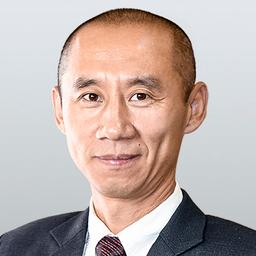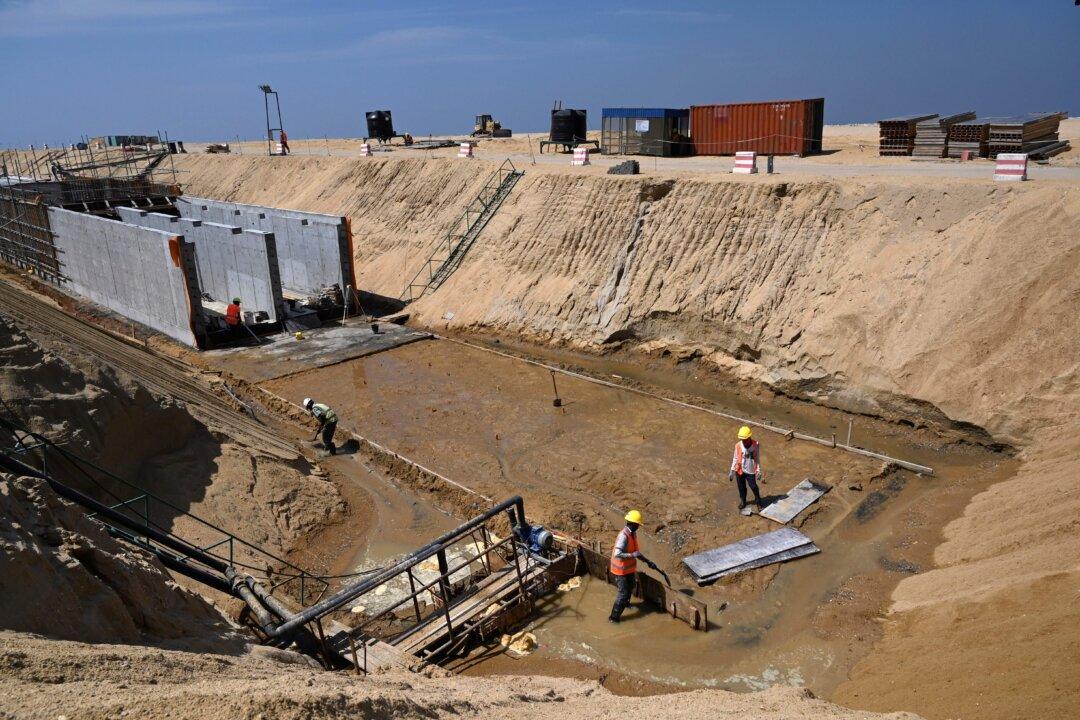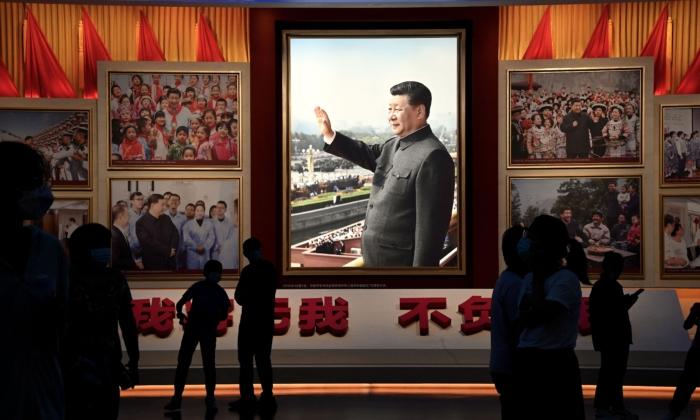The majority of Hong Kong voters did not cooperate with the Hong Kong regime’s “patriots only” Legislative Council elections this month.
The turnout at the Dec. 19 election was the lowest since the Chinese Communist Party (CCP) took over Hong Kong’s sovereignty in 1997, with only 30.2 percent of the 4.5 million registered voters casting votes. Compared to the 2016 election, it was 28 percent lower.
In the run-up to the election, the CCP exerted stricter control than ever, turning the Hong Kong Legislative Council into a copy of the National People’s Congress (NPC) in mainland China.
A video circulating online showed that when the pro-establishment campaign teams went door-to-door to campaign for votes, a citizen said sarcastically: “Do you still need votes? You'll win without a doubt!”
In Hong Kong, all pro-communist parties are known as pro-establishment parties, as opposed to those belonging to the pro-democratic camp.
Under the CCP’s control, the reworked election rules excluded many pro-democracy candidates, and the pro-establishment candidates won all 90 seats in the Legislative Council election.
Communist ‘Patriots Rule Hong Kong’
In March of this year, the NPC amended Hong Kong’s electoral system, officially claiming the slogan “Patriots Rule Hong Kong” would be fully implemented. After that, the Hong Kong regime swiftly cooperated and enacted the “patriots only” policy that supposedly limits the parliament to “patriotic” voters only. The term “patriots” here refers to politicians who follow the orders of the CCP, which has increasingly tightened its grip on Hong Kong.Former district councilor Lancelot Chan has been suspended from running in any election for 5 years, because he belongs to the pro-democracy camp. He told The Epoch Times that this election is no different from the regime appointing people; it’s not an election.
“If you want to run for office, you have to be nominated by the Election Committee first, and that’s like bargaining with the devil.” If he accepts the Election Committee’s conditions, he can’t face his voters, Chen said.
The Election Committee is a pro-Beijing group consisting of 1,500 people from five sectors, one of which includes NPC deputies, CPPCC (Chinese People’s Political Consultative Conference) members, and representatives of Hong Kong members of national organizations directly under the control of the CCP. To be nominated by them to run for election, one must have their approval.
The revised election system completely filters out all democratic legislators that the CCP does not like.
Hong Kong’s Chief Executive Carrie Lam said she was “pleased” with the election results.
In the 2019 DC election, Hong Kong’s democratic camp celebrated a historic victory, winning 389 of the 452 elected seats in 18 districts and gained control of 17 DCs, except for the Outlying islands. However, after the NPC amended the Hong Kong election system, there have been rumors that the regime would disqualify DC members and demand the return of their salaries and allowances since they took office, prompting more than 260 DC members to resign. Many others have lost their seats because they left Hong Kong or were imprisoned, such as former Central and Western district councilor Ted Hui Chi-fung, who is in exile, and former Southern district councilors Tiffany Yuen Ka-wai, Tsuen Wan Sham, and Lester Shum, who were sentenced to more than three months in prison.
Crackdown on Pro-democracy
After the Hong Kong version of the National Security Law was passed on July 1, 2020, the Hong Kong pro-democracy camp held a primary election for the Legislative Council general election and were accused of illegal activities by the regime. It resulted in the arrest of 47 people on grounds of violating the Hong Kong National Security Law.In November of the same year, a number of pro-democracy legislators were disqualified by Beijing and the Hong Kong authorities, and the pro-democracy camp announced their collective resignation as a form of protest.
The Hong Kong regime’s crackdown on dissenting voices is not only towards politicians, but is also commonly reflected in the crackdown on ordinary citizens who participated in the 2019 anti-revision movement.
From June 2019 to July 31, 2021, Hong Kong police arrested 10,265 people for participating in the pro-democracy movement, of which 2,684 were prosecuted, and 905 convicted, on charges including participation in a riot, unlawful assembly, and assault causing bodily harm.
The regime’s unprecedented crackdown on freedom of speech, association, and assembly in 2021 has made Hong Kong people furious. But many are scared to speak out, because even just forwarding a post online that calls for casting a blank vote, will get one arrested.
Lowest Voter Turnout in Hong Kong History
Polling stations during the December 2021 Legislative Council election were quiet. Compared to the bustle of the DC election in November 2019, it was more like a referendum—a vote by Hong Kong people on the electoral system.An earlier opinion poll indicated that only 30 percent of voters would vote. The Hong Kong regime did everything they could to stimulate voter turnout because it was a matter of losing face—theirs and Beijing’s.
In addition to a massive and costly propaganda campaign, the CCP set up polling stations specifically near the border with the mainland.
A Hong Kong businessman in mainland China, who asked to remain anonymous, told The Epoch Times that a public security officer in Shenzhen called him and urged him to go to the border to vote, and another public security officer invited him to dinner. During the dinner, the officer handed him a pile of money, saying that he might need his help in Hong Kong to “support the scene.” The businessman said that the officers acted in such a matter-of-fact way that it seemed as if they had done it many times.
To make it easy and convenient for Hong Kong people to vote, the Hong Kong regime set voting day during the weekend and even arranged for free public transportation.
People took advantage of the free transportation, visiting Disneyland and shopping malls. They turned voting day into a holiday. But few voted.
Hong Kong Is Becoming More and More Like the Mainland
After the pro-democracy movement was suppressed by the regime in 2019, many Hong Kong citizens started to leave Hong Kong. In 2021 alone, the number was over 100,000. They have been working in finance, healthcare, education, government agencies, and international organizations. Along with their skills, they are also taking their wealth away with them.According to Hong Kong financial analyst Jiang Tianming, people from mainland China will fill the vacant jobs and bring in new capital and gradually replace Hong Kong’s middle and upper classes, and Hong Kong will increasingly become like an ordinary city within mainland China.
The CCP’s constitution provides that all members of the NPC are elected, and the NPC should be the highest authority and legislative body in the country. The current Congress is composed of nine parties, including the CCP, and non-partisan members. But in reality, ordinary Chinese people have never been allowed to vote, and the NPC has no substantial legislative power nor is it the highest authority. In China, all power is ultimately in the hands of the CCP.





